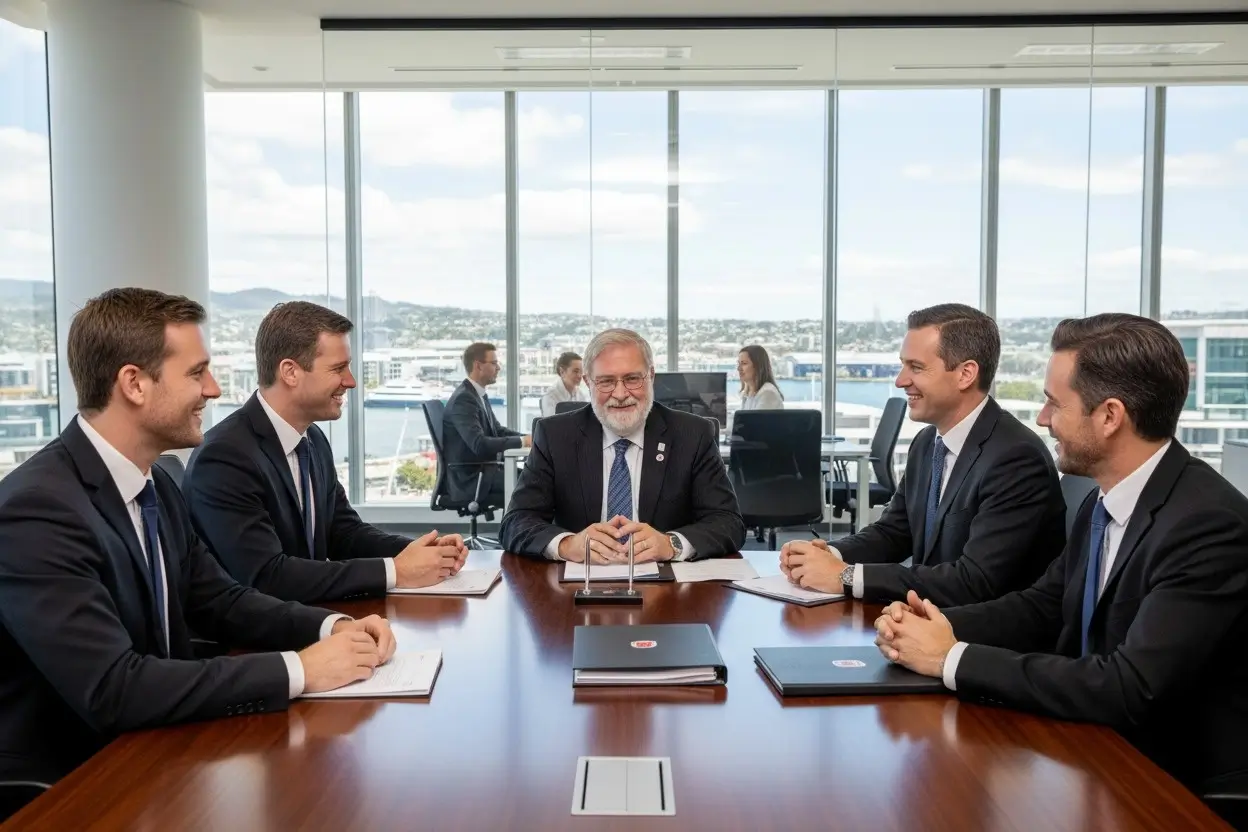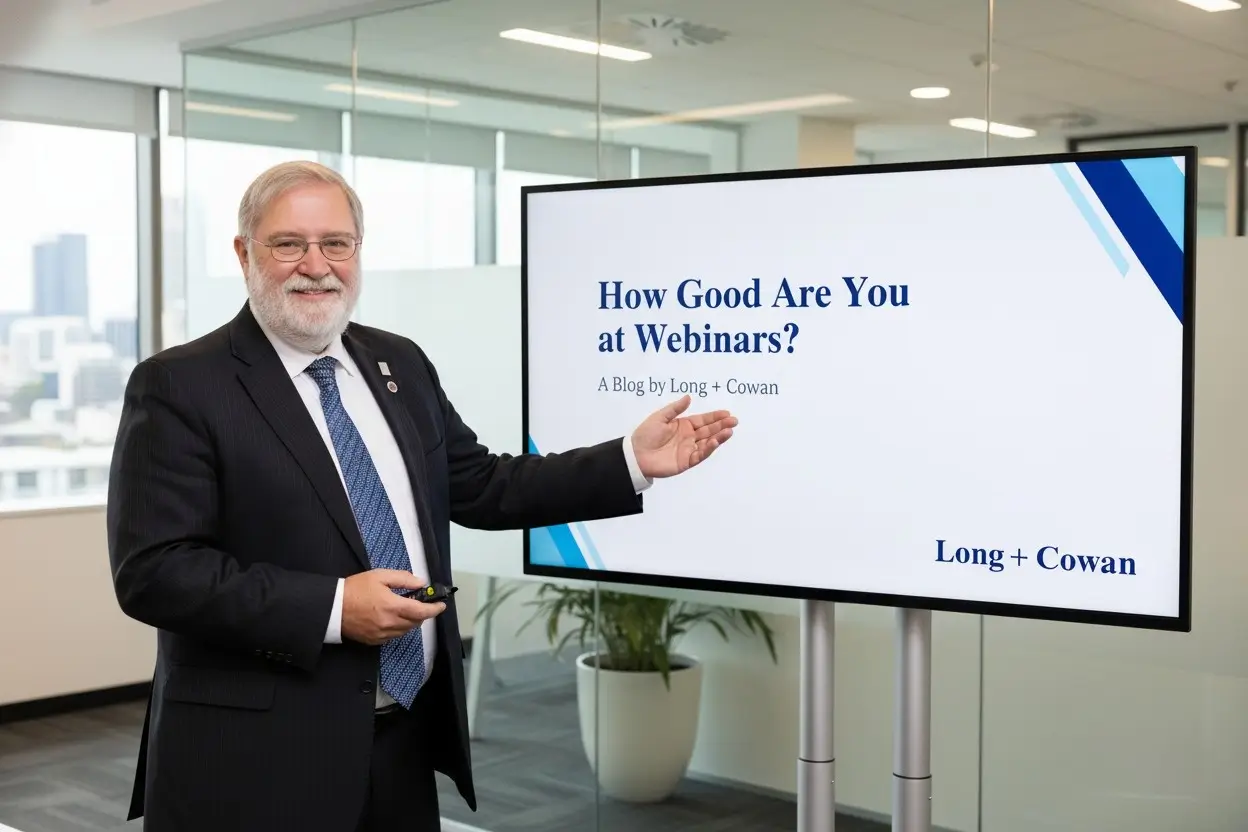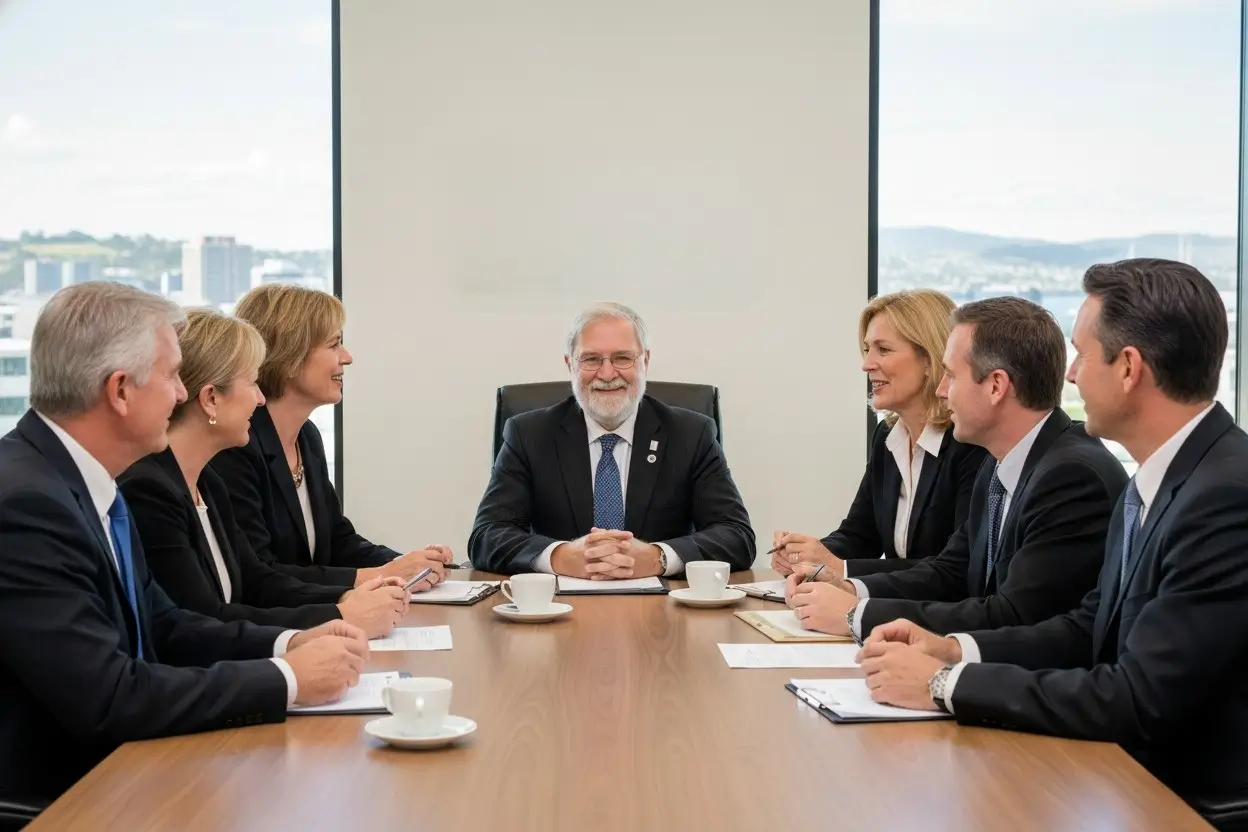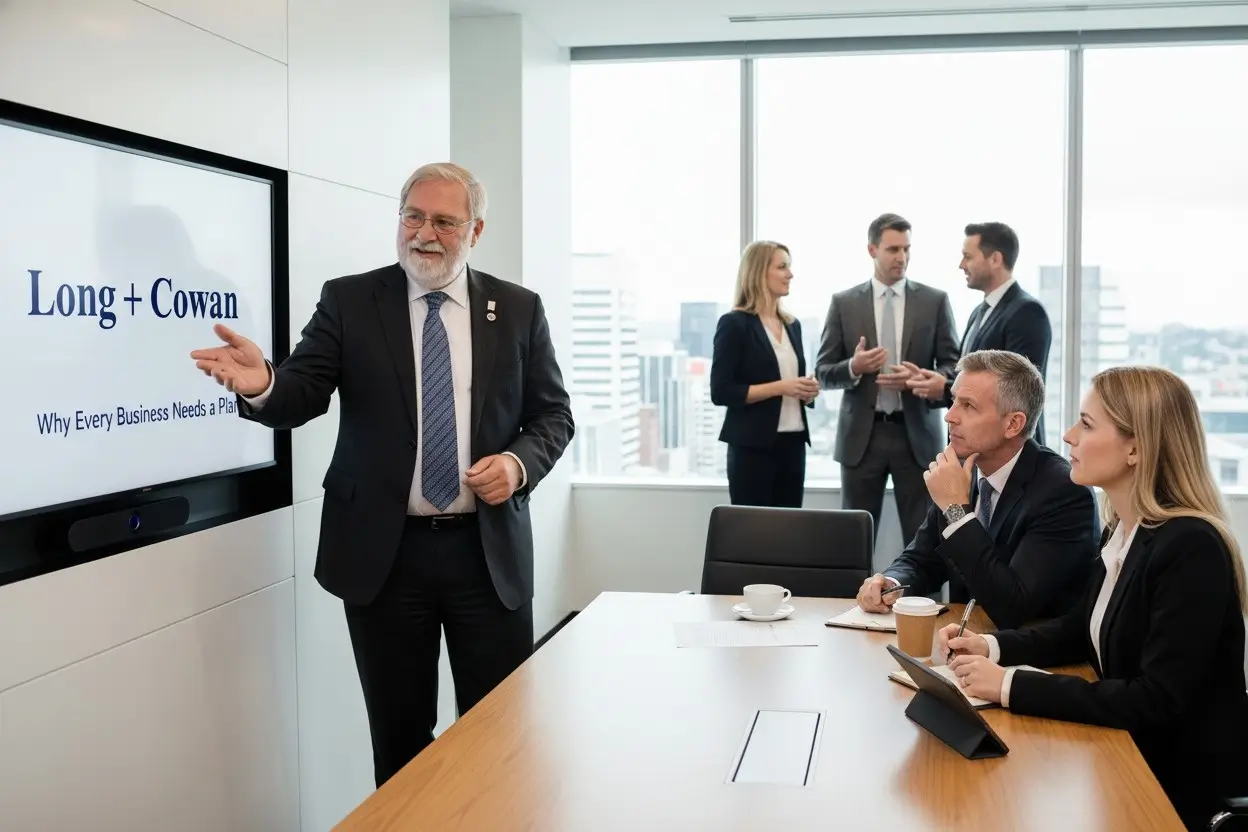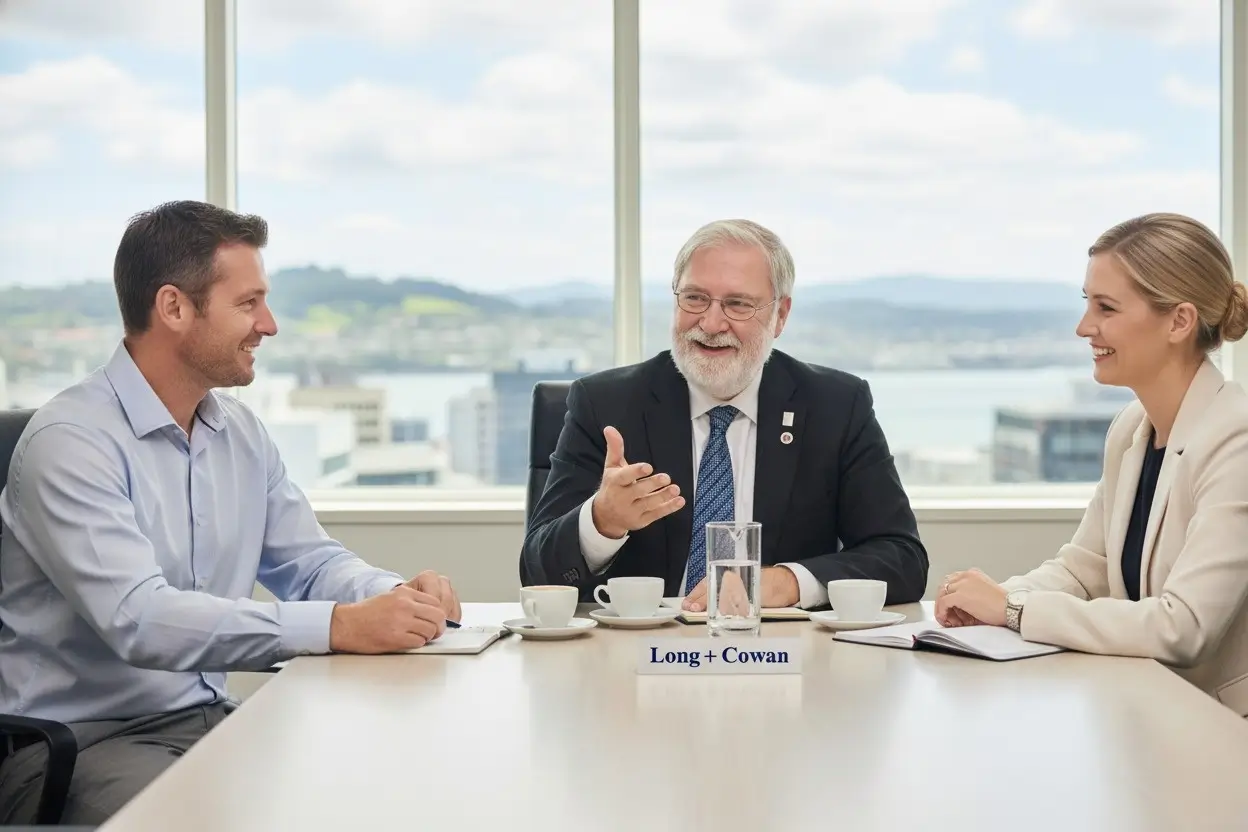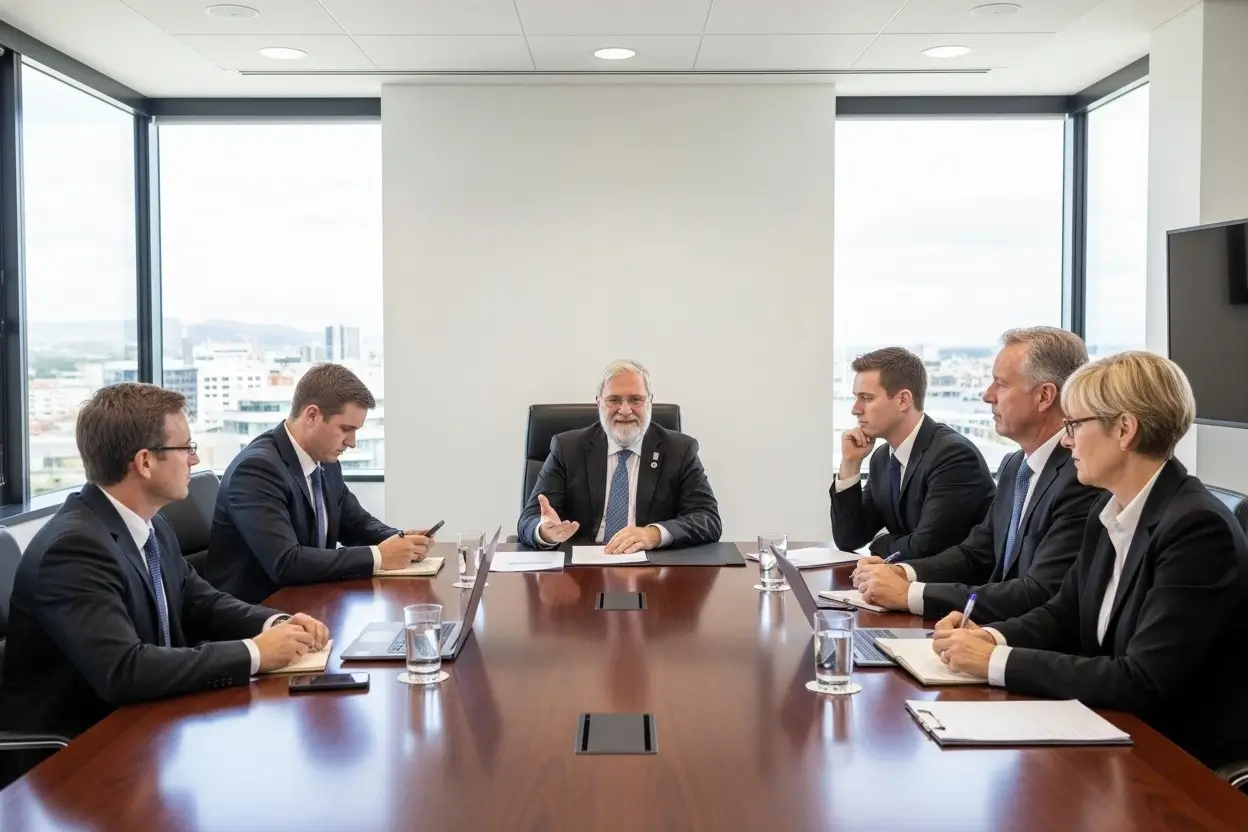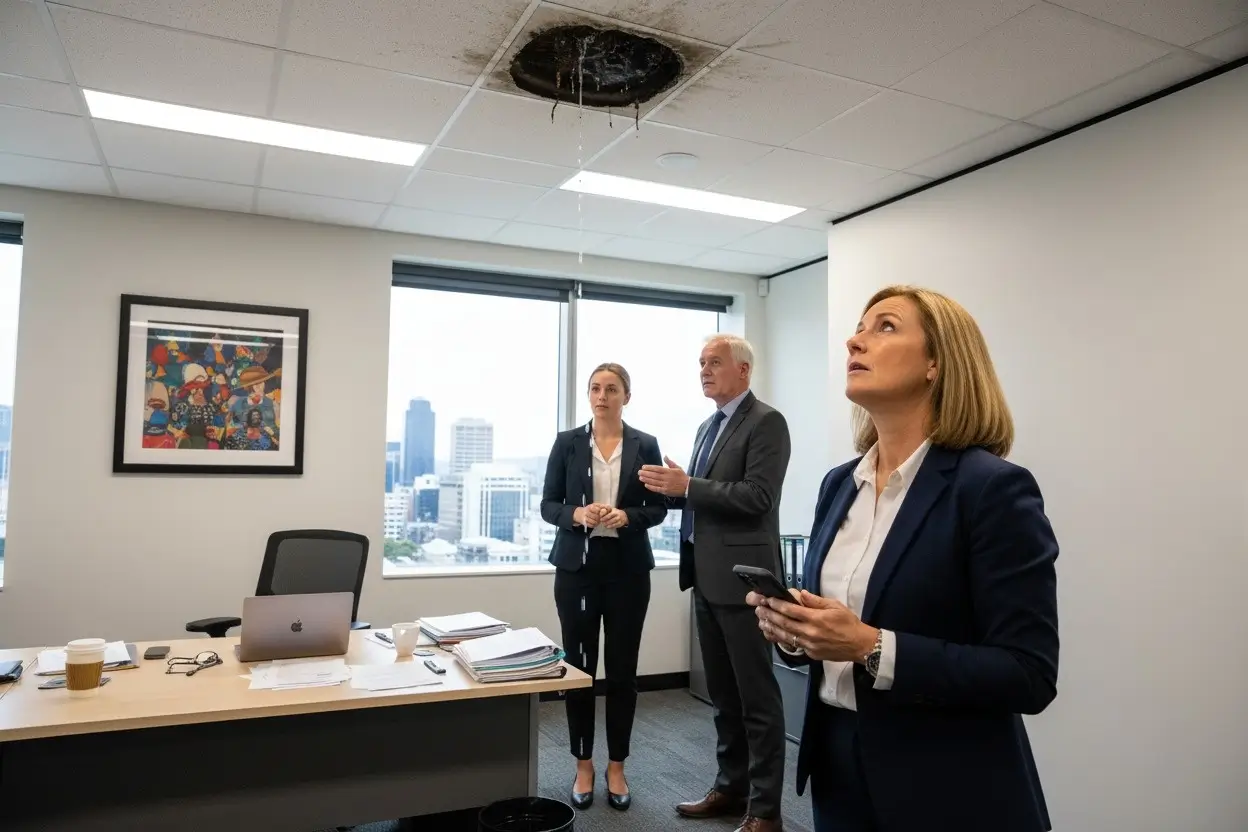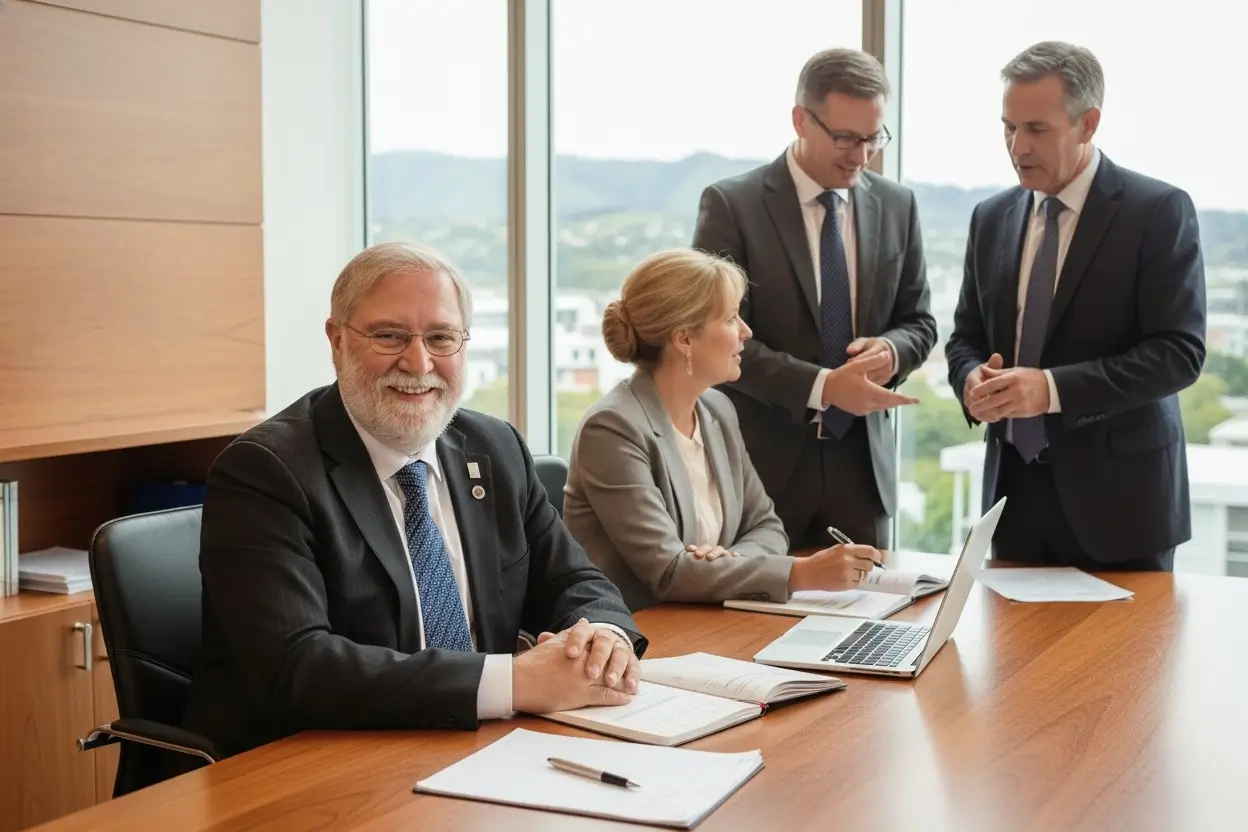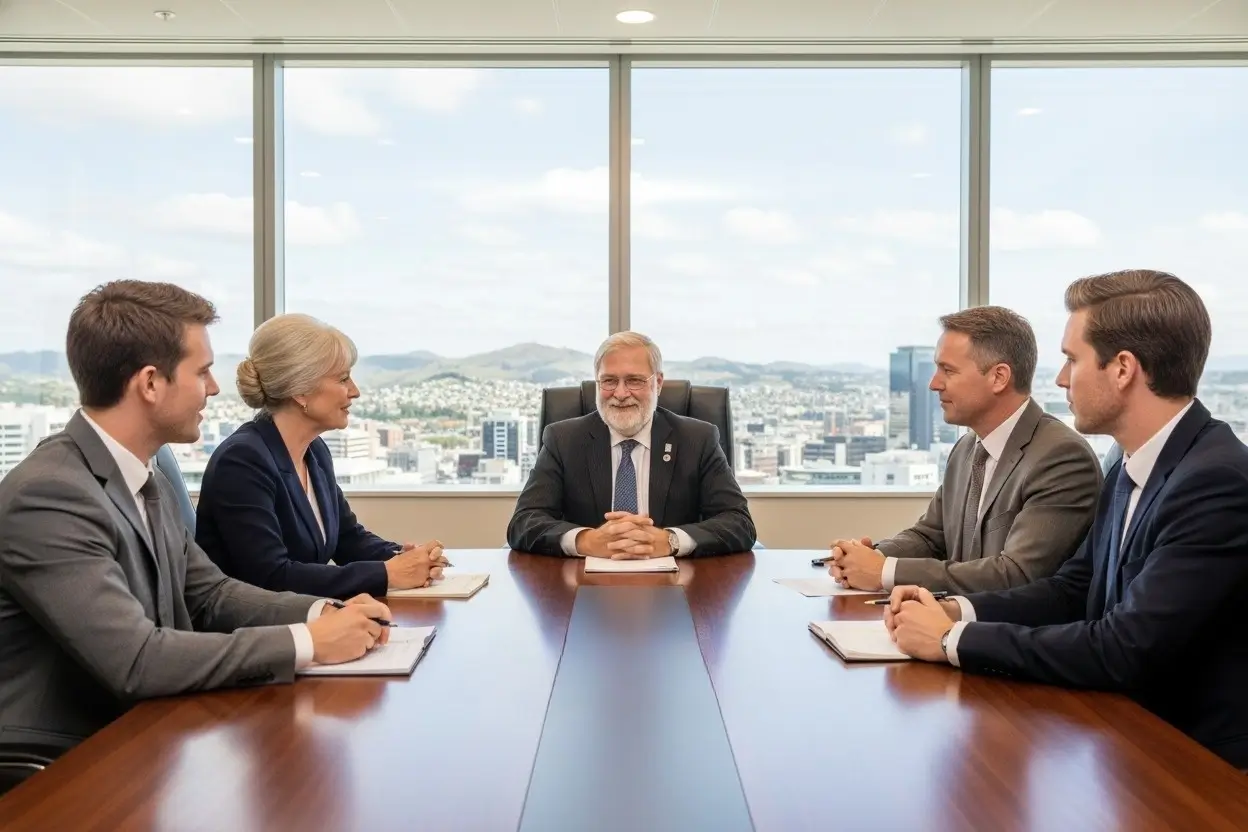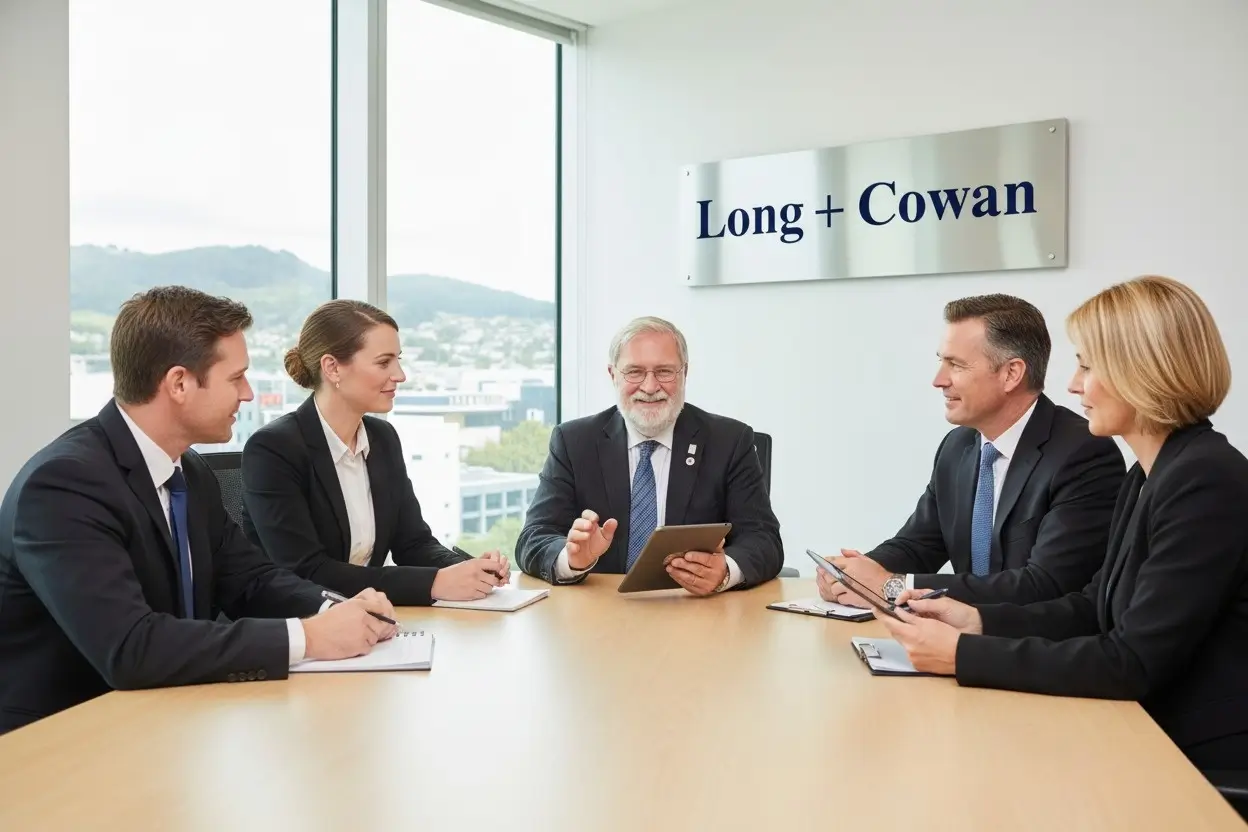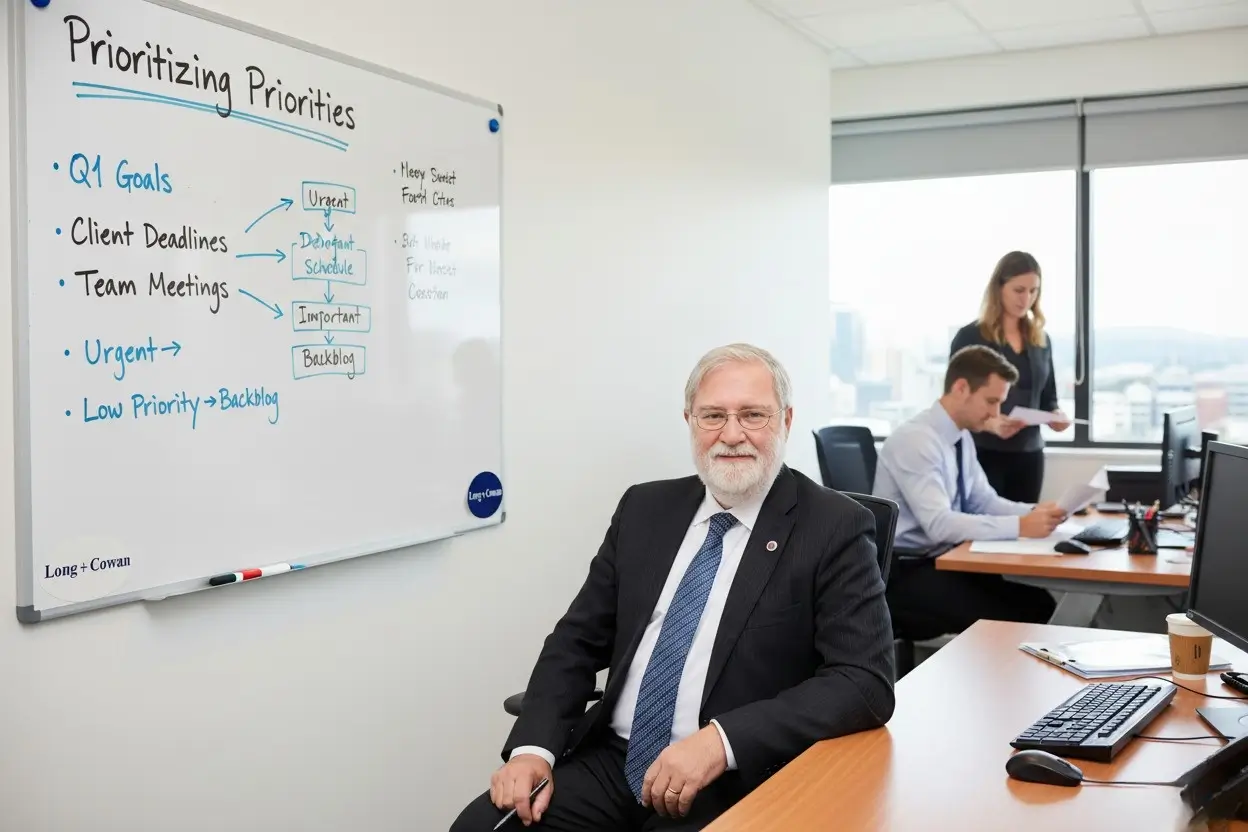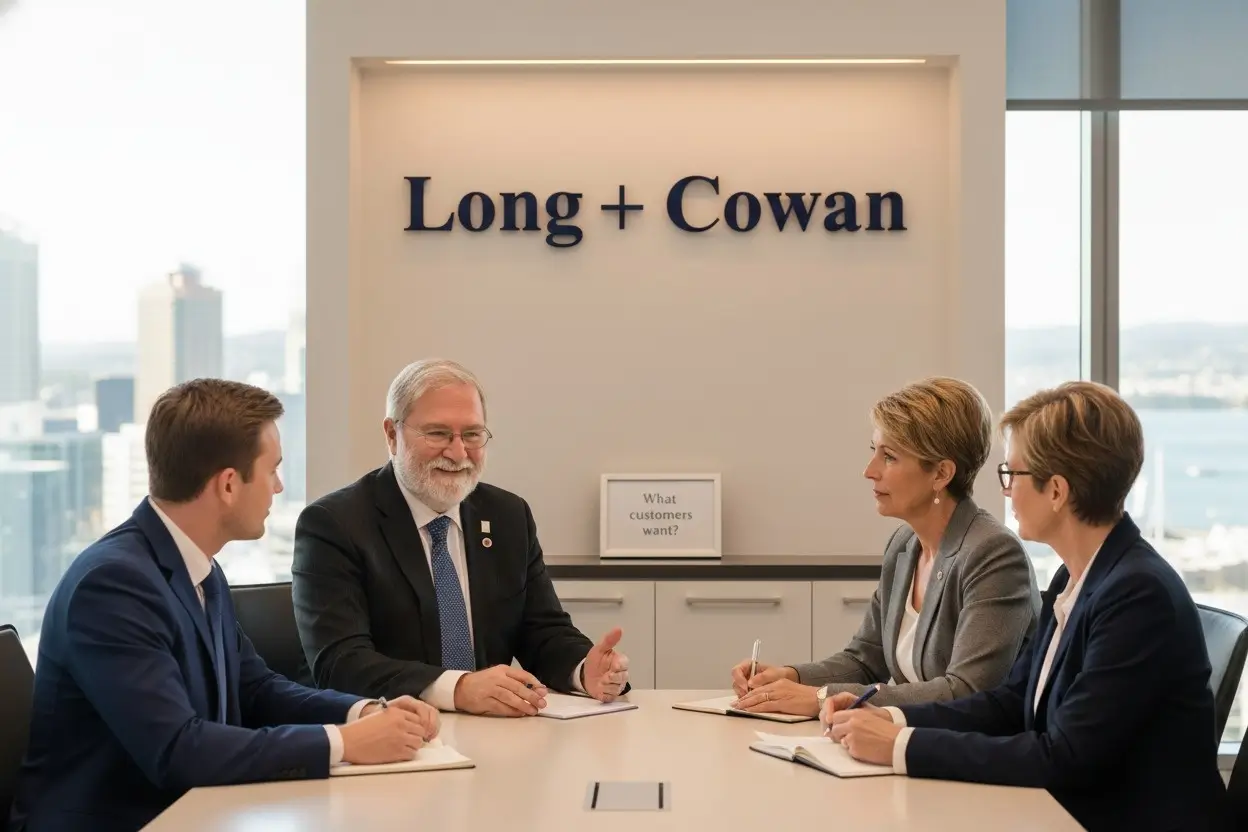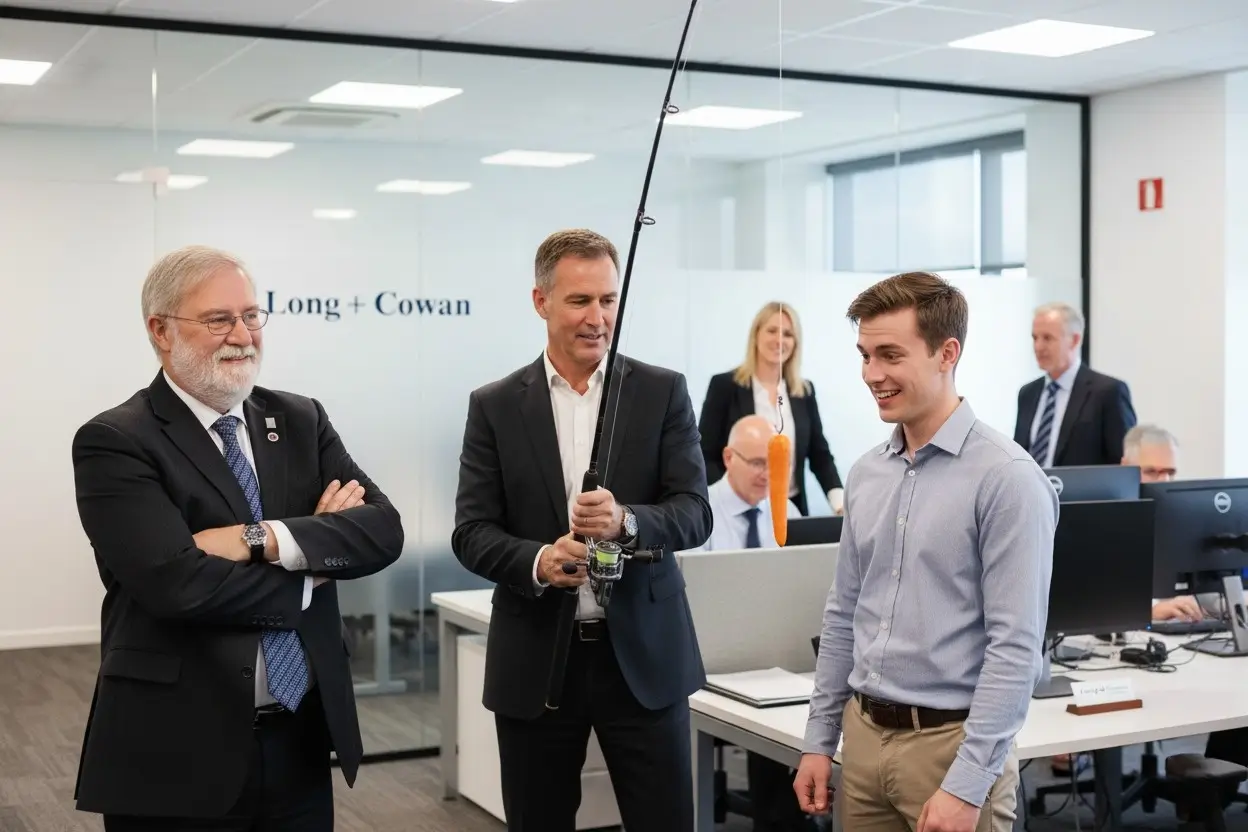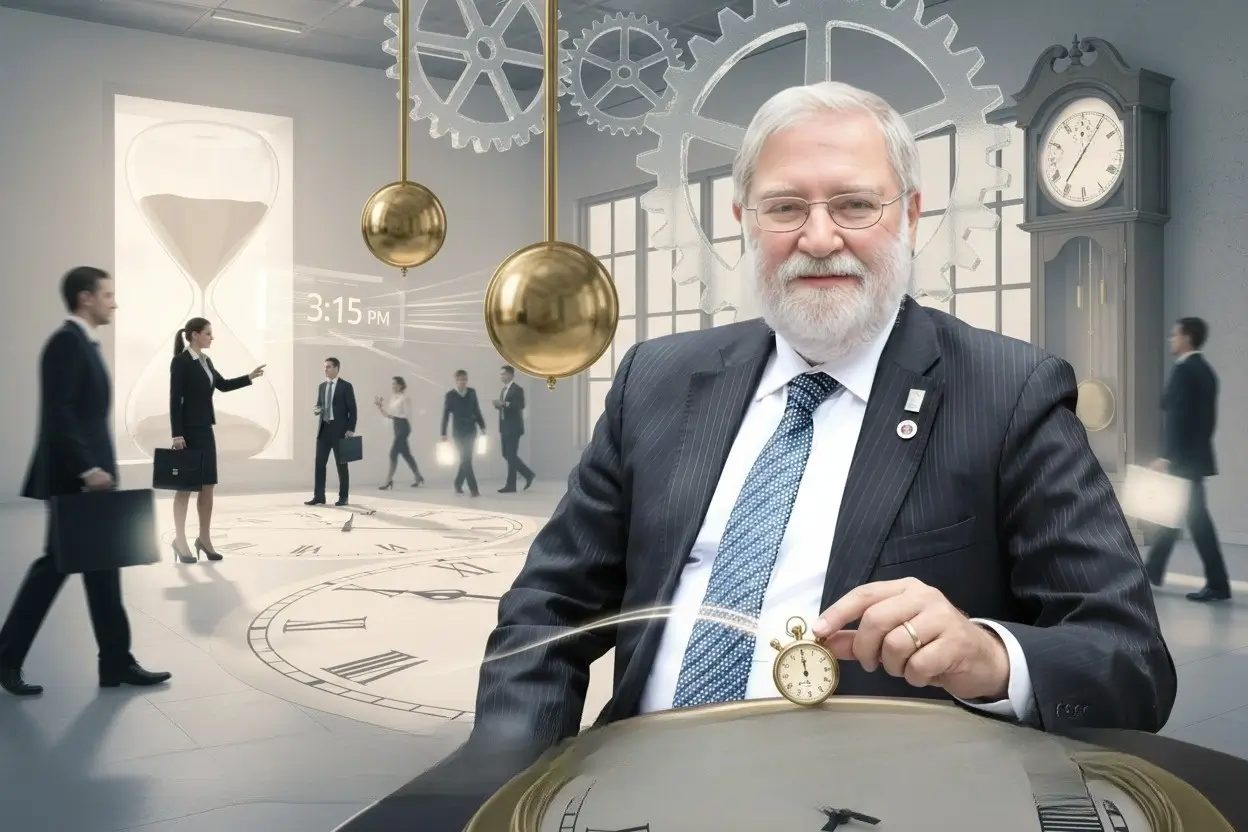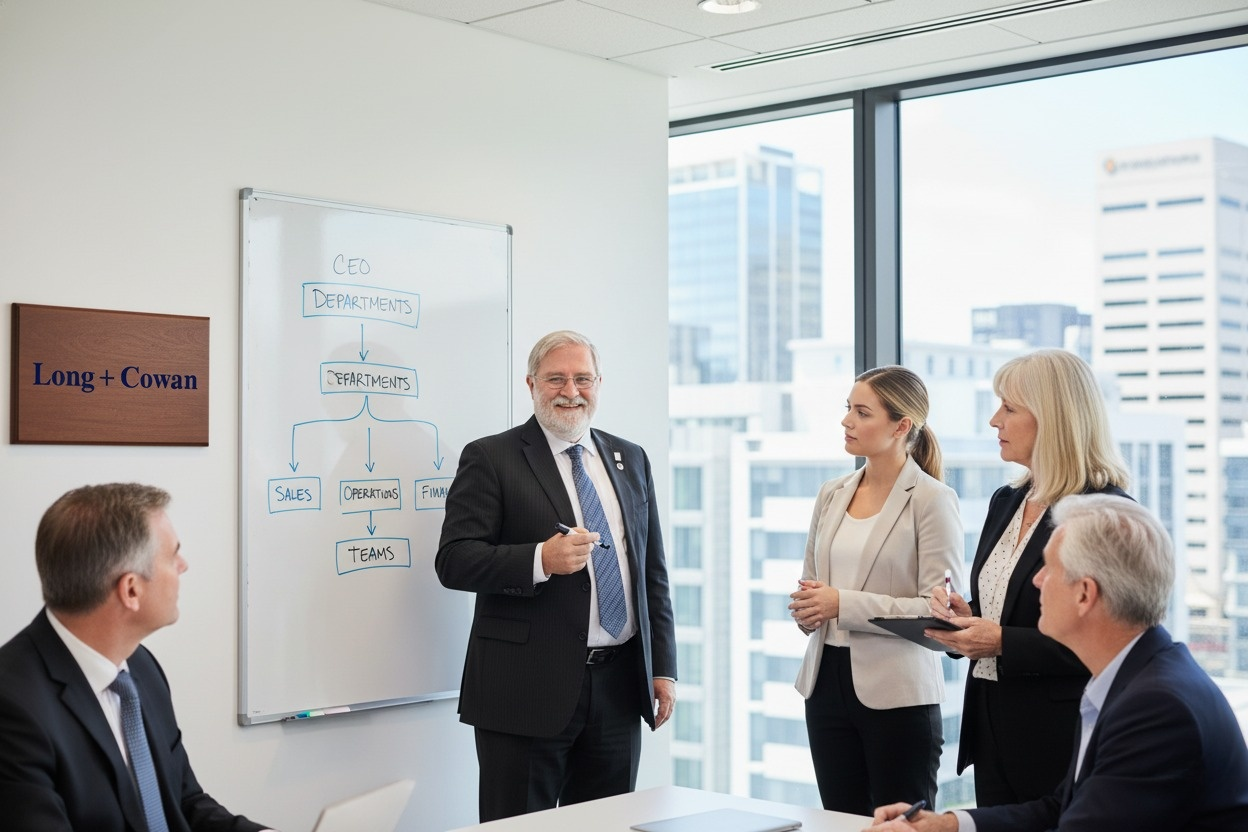Every thriving organisation shares one trait: clear business focus. Without it, effort becomes scattered, results weaken, and progress slows. At Long + Cowan, we see Wellington businesses strengthen performance when they refine priorities and maintain consistent attention on what truly matters.
Focus means making deliberate choices about where to spend time, energy, and resources. It involves saying no to distractions and yes to activities that drive measurable results. Businesses that master this discipline gain clarity, confidence, and efficiency.
Understanding the Cost of Distraction
Modern business environments overflow with interruptions. Emails, calls, and constant notifications fragment concentration. Each distraction breaks the rhythm of productive work and reduces quality output.
The average professional loses hours weekly through unplanned interruptions. This hidden cost drains morale and delays projects. Recognising how distraction impacts profitability is the first step to regaining control of your day.
Setting Clear, Measurable Goals
Focus starts with direction. Define your goals precisely. Broad intentions such as “grow the business” lack clarity. Replace them with measurable objectives such as “increase client retention by ten percent in six months” or “reduce reporting time by twenty percent this quarter.”
When goals are specific, they guide decisions. Every task can then be evaluated by one question: does this support the objective? Clear goals transform daily work from reactive to strategic.
Prioritising Tasks That Drive Value
Once goals are defined, prioritise activities that deliver the greatest impact. Not all work contributes equally to success. Identify tasks that directly influence revenue, customer satisfaction, or operational efficiency.
At Long + Cowan, we help clients categorise activities into high, medium, and low impact. This method directs effort where it matters most. When you commit to fewer, higher-value tasks, productivity improves naturally.
Creating a Distraction-Free Environment
Physical and digital environments shape focus. Cluttered desks, noisy surroundings, or overloaded inboxes create unnecessary stress. Start by simplifying your workspace. Keep only the tools and documents you need.
Digitally, disable unnecessary notifications, schedule specific times to check email, and close irrelevant browser tabs. Even small adjustments can restore concentration. A calm environment supports clear thinking and stronger decisions.
Building Daily Routines That Reinforce Focus
Routine creates reliability. Establish set periods each day for deep work, meetings, and administrative tasks. Regular scheduling builds rhythm and reduces decision fatigue. When the day has structure, energy is preserved for complex tasks.
Consistency also benefits teams. Predictable schedules minimise overlap and help staff coordinate more effectively. Over time, structured habits turn focus into an automatic part of your workflow.
Using Technology to Stay Organised
Technology can enhance or erode focus. Choose tools that simplify processes rather than complicate them. Calendar systems, task trackers, and cloud accounting software streamline workflow and prevent duplication.
Wellington businesses using Xero, for example, gain real-time financial visibility, reducing uncertainty and reactive decision-making. Integrating such tools aligns data, time, and priorities for sharper focus on strategic outcomes.
Delegating Work to Free Up Mental Space
Delegation supports focus by clearing mental clutter. Many managers dilute effectiveness by retaining tasks others could handle. Assign routine or lower-value activities to capable staff and trust them to deliver.
Delegation allows leaders to dedicate attention to planning, innovation, and client relationships. It strengthens team confidence and ensures the business functions efficiently even when leaders are unavailable.
Saying No Without Guilt
Maintaining focus often means declining requests that do not align with your objectives. Saying yes to everything leads to overload and diminished quality. Protect your schedule by assessing new opportunities carefully.
If a task does not advance strategic goals, consider postponing or delegating it. Clear boundaries safeguard productivity and demonstrate leadership discipline.
Maintaining Mental Energy and Wellbeing
Focus relies on mental energy. Long hours without rest reduce accuracy and creativity. Schedule breaks, maintain hydration, and include movement in your routine. A clear mind delivers better outcomes than a fatigued one.
Encourage similar practices among staff. Sustainable productivity requires balance. When wellbeing improves, so does engagement and attention.
Reviewing Performance and Adjusting Focus
Focus is not static; it evolves with business priorities. Review performance monthly or quarterly. Evaluate what achieved results and what distracted progress. This reflection helps refine priorities for the next cycle.
At Long + Cowan, we advise clients to integrate focus reviews with financial analysis. Examining time use alongside results reveals which activities generate the highest return. Regular adjustment keeps strategy aligned with reality.
Encouraging a Culture of Concentration
Focus must exist beyond the individual. Teams thrive when focus becomes part of workplace culture. Set clear expectations around meeting efficiency, communication response times, and task ownership.
Reward concentration and initiative. Celebrate projects completed without distraction. Over time, these cultural cues reinforce shared discipline, creating an environment where everyone values efficiency and clarity.
Balancing Focus with Flexibility
Too much rigidity can limit creativity. Balance focus with openness to change. While consistency builds progress, flexibility allows innovation. Encourage staff to suggest improvements and explore new approaches within structured boundaries.
The strongest Wellington businesses maintain focus on goals while adapting to opportunity. Controlled flexibility keeps them competitive without losing direction.
The Link Between Focus and Profitability
Focus drives profit because it aligns action with purpose. Businesses that concentrate on core strengths use resources efficiently, make better financial decisions, and maintain stronger customer relationships.
Distraction wastes both time and money. When leadership focuses on measurable goals and staff follow clear priorities, costs drop and results rise. Focused effort delivers long-term financial stability.
Applying Focus Principles Across Wellington Businesses
Across Wellington Central, Te Aro, and Karori, businesses face increasing pressure to perform faster and smarter. Applying business focus principles creates structure, strengthens teams, and supports sustainable growth.
When focus becomes habit, businesses stop reacting to problems and start building solutions. Every decision and every hour aligns with purpose, creating a culture of consistent achievement.
Partnering to Improve Business Focus
Long + Cowan helps Wellington businesses improve structure, strategy, and efficiency through better planning and financial clarity. We assist clients in identifying distractions, setting priorities, and developing systems that enhance focus and performance.
For expert guidance on improving productivity and refining your business direction, contact us for more info by filling in an enquiry form or e-mailing or calling us during office hours. Focus creates growth, and we can help you achieve both.













